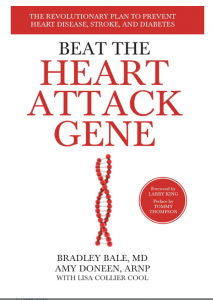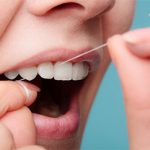Overview of the link between Oral Health and Heat attack:
Based on the book Beat the Heart Attack Gene, oral health is a vital component of arterial health. Optimal dental care is considered crucial for preventing heart attacks and ischemic stroke. Bleeding gums are a primary indicator of periodontal disease, and even slight bleeding during brushing or flossing is not normal.
Maintaining good oral hygiene habits is linked to reduced mortality risk. Brushing every night is associated with a 20 to 25% decrease in the risk of death, while flossing can decrease mortality risk by 30%. Not seeing a dentist for 12 months was found to increase the risk of death by up to 50%, and missing teeth were a significant predictor of early death.
Tooth decay is also highlighted as a danger related to oral health. One study mentioned in the book found that bacteria causing dental cavities were present in 75% of blood vessel clots, suggesting that dental infections may trigger 50% of heart attacks. The authors, Dr. Bale and Dr. Doneen, observed in their practice that heart disease patients often had active dental infections or undiagnosed periodontal disease. They describe a case where a patient who had a heart attack showed improvement in arterial inflammation after infected teeth were removed and gum disease was treated.
The book emphasizes that signs of dental disease like tooth decay and gum infections are often missed by healthcare professionals, and recommends collaboration between medical and dental practitioners to reduce heart attack risk. Chronic inflammation, particularly in the mouth, is identified as a key factor in maintaining heart health.
These points from the book underscore the strong link between oral and heart health, stressing the importance of good oral hygiene and interdisciplinary care to prevent cardiovascular disease.










